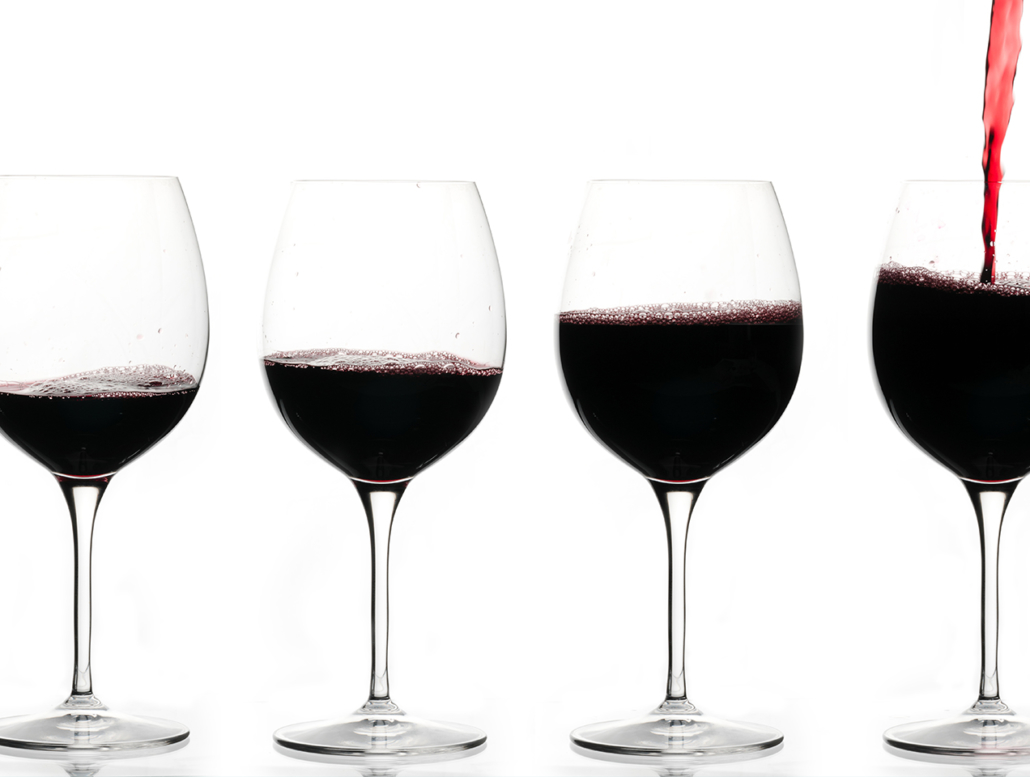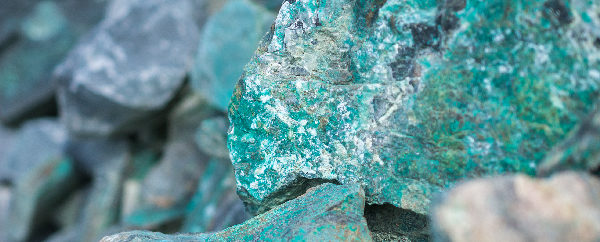If you’re considering making an investment in wine, make sure you do your due diligence first.
There are pros and cons to investing in wine. Historically, fine wine has proved to be a successful way to gain value over the long term.
At the same time, experts suggest that you should be looking to invest at least £10,000 for it to be worthwhile – and as with any speculative investment, you should be prepared to lose that money.
Even if you do come out on top in the long term, your investment will be locked up for the foreseeable future, so this is one commodity you should only buy with money you can spare in the short to medium term.
With that being said, there are several more compelling reasons to invest in wine – here are just some of the driving forces behind this valuable market.
Why to invest in red wine
There’s a surprising reason why to invest in red wine – although if you are familiar with Eastern cultures, perhaps it will be less of a surprise.
Red is widely thought of as a lucky colour in the East, and as Chinese consumers gain a taste for fine wine and the country’s economy continues to grow, this is putting more of a focus on red wine in particular.
You might not also know that white is not lucky. In fact it is associated with funerals and this leads to the same kinds of superstitions that surround lilies in Western cultures.
Because of this, the Chinese factor makes red wine a much more promising investment for the long term.
Supply and demand
For any asset, an imbalance of demand over supply is a good sign for long-term value, and wine is no exception to this rule.
The highest quality fine wines are produced in finite quantities, often very small quantities compared to the market demand, and of course no more will ever be made of a particular vintage – although bottles will gradually be consumed.
Because of this, you are investing in a commodity that can only become more scarce with time, yet demand for good vintages and the best labels is unlikely to fall over the years.
That doesn’t make wine a ‘safe bet’ by any means, but it’s certainly favourable for the overall risk profile of investing in fine wine.
Buy the best
Wine is a market with known quality, which means you can single out the very best fine wines to invest in.
Some factors to focus on include:
- Vintage years that produced wines widely considered to be excellent quality.
- High-profile vineyards and wine-growing regions, especially Bordeaux.
- Wines with known secondary demand worldwide that have performed well in the past.
It’s fairly unusual to find an investment market where value so closely tracks past performance and provenance, but if you are able to afford the very best wines, you are likely to yield the highest returns on your investment.
Buy in for less
The spread of prices in the fine wine market can be surprisingly high – so don’t be afraid to run a price comparison when considering a purchase.
By buying from the cheapest reputable suppliers, you can save as much as 20% compared with those who charge the highest mark-up.
In turn, this is good news when you come to sell your wine at a profit, as the market can often support a considerable increase in price especially to retail customers rather than fellow investors.
Top tips for fine wine investment
To summarise, here at UK Investor we recognise the potential in the fine wine investment market, but would always recommend caution before risking any of your own finances.
If you want to minimise your risk and maximise your return, here are our top tips for fine wine investment:
- Buy the best you can get – provenance matters in this market.
- Compare prices to avoid paying a retail mark-up on top labels.
- Focus on red wine to capitalise on growing demand from the East.
- Make a good-sized investment but don’t risk more than you can afford.
- Hold your investment for at least five years to let prices rise.
The increasing scarcity of specific vintages and labels over time means values typically do increase – you just need to be patient to allow demand to overtake supply.
But if you are willing and can afford to play the waiting game, fine wine represents a tempting investment prospect and there are many third-party services to store your wine in controlled conditions, so you don’t have to have it at home.
https://cruwineinvestment.com/why-invest-in-wine/
Disclaimer: The information provided here is not investment, tax or financial advice. You should consult with a licensed professional for advice concerning your specific situation.




